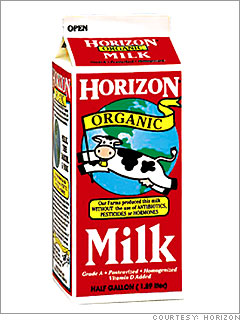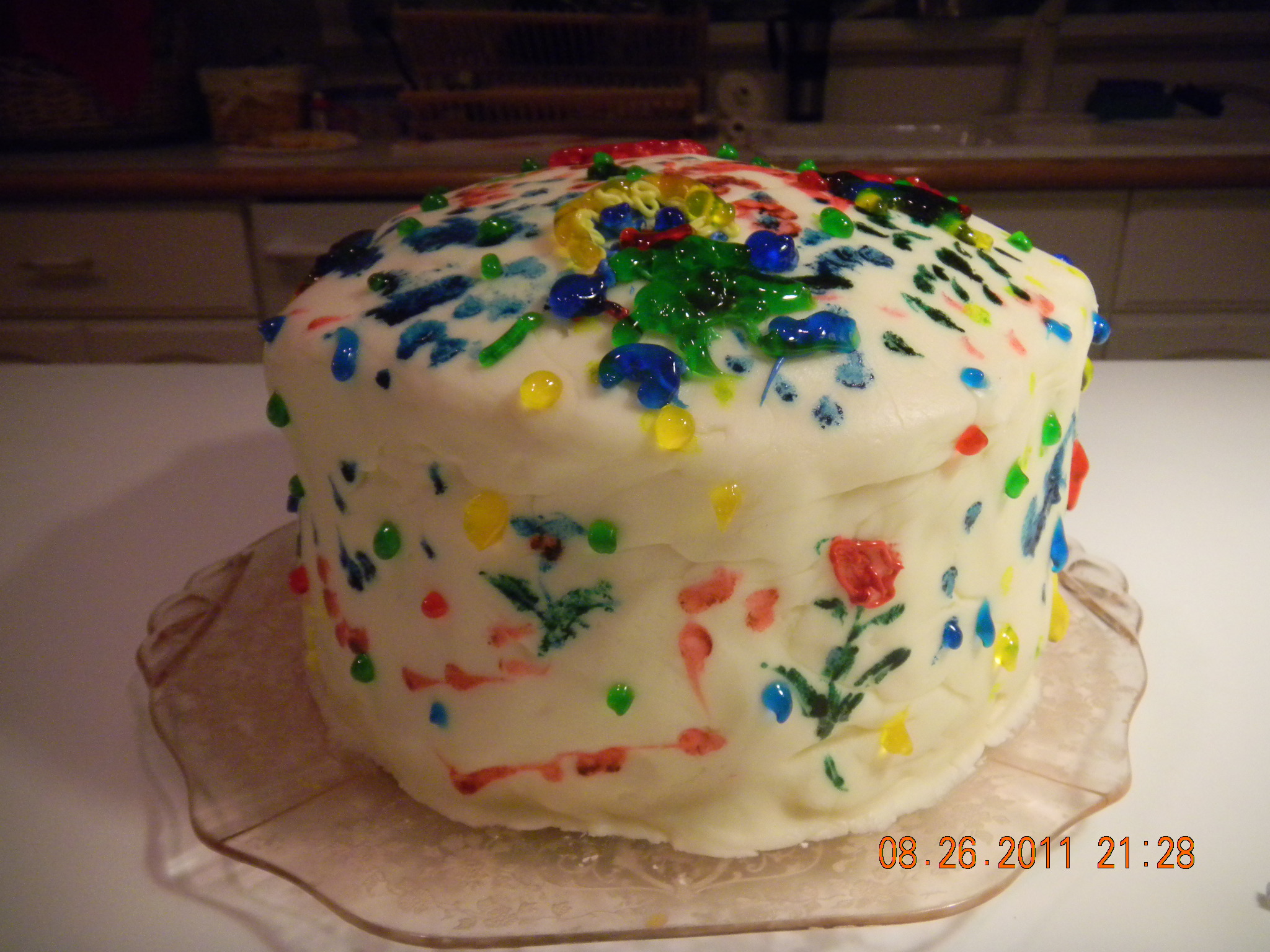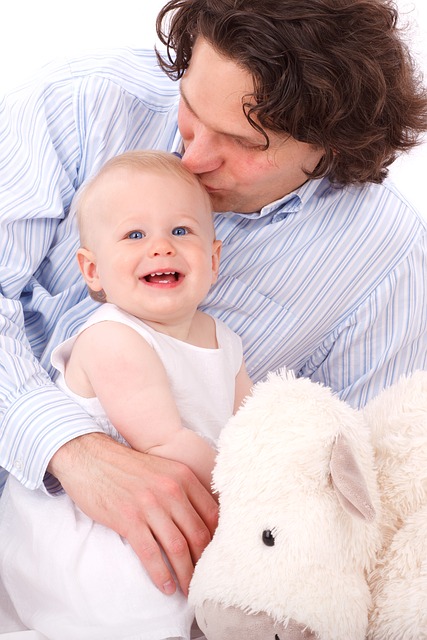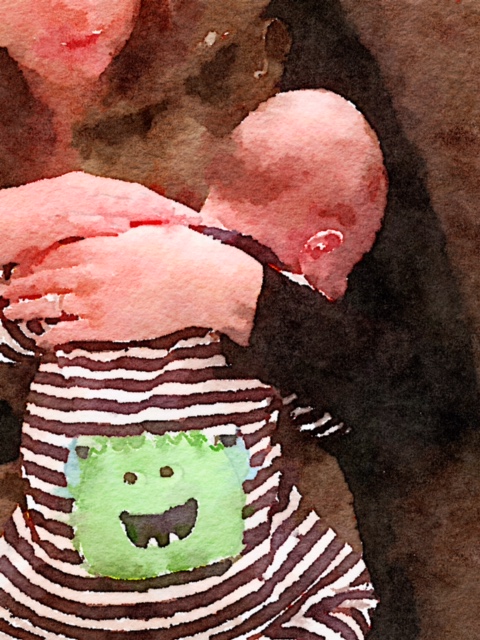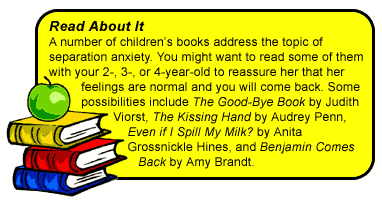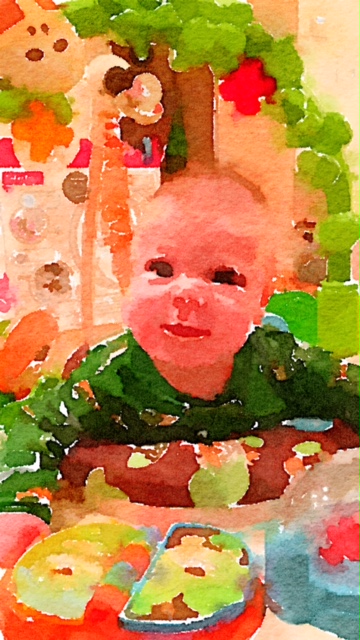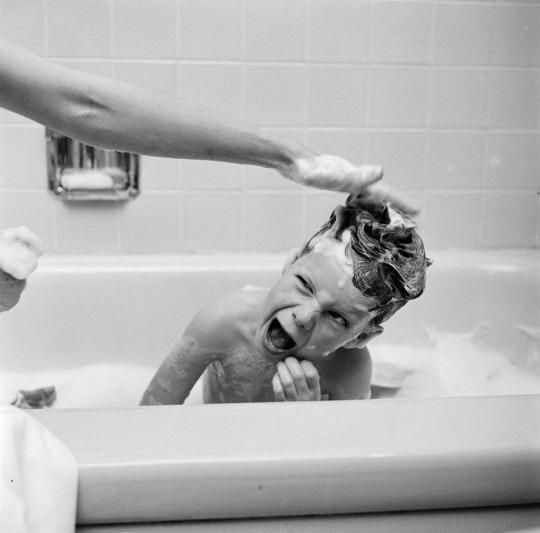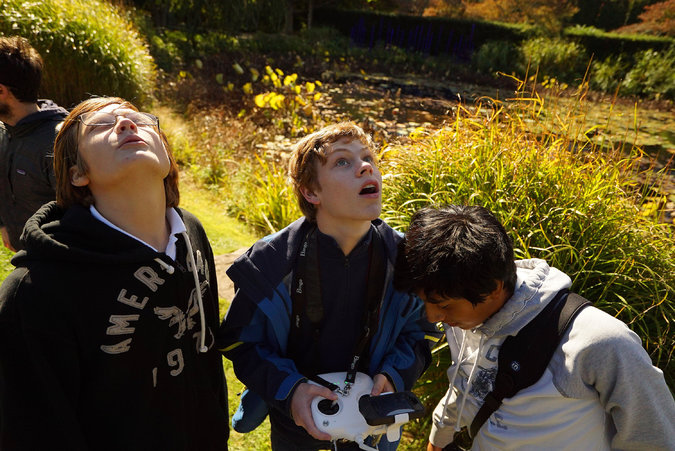Your Little Toddler Copycat
Your toddler won’t be able to carry on a conversation just yet, but don’t be surprised if he starts mimicking your telephone style with his toy phone. You may also catch him imitating the way you act behind the wheel of the car, preparing meals, or cleaning the house. This copycat behavior can be charming or potentially embarrassing. Now’s a good time to pay extra attention to your own language and behavior. via Baby Center
We have a toddler in our house and he is the cutest when he imitates his mom (my daughter) and his dad.
He loves to take a napkin or paper towel and clean his place at the table or the top of his high chair and just about anything else in his reach.
It is only a matter of time when he will imitate the things his mom and dad and anyone else in earshot says.
It is now time to make sure that what we say is something that we would not mind him repeating. Personally, I find the car a place where I might exclaim words that I would not like to hear him say…even thought when a child imitates our behavior we tend to laugh which only encourages him to keep saying things that are not appropriate.
So just remember that the toddler in your midst is listening to everything and is already planning to embarrass you when you least expect it.



